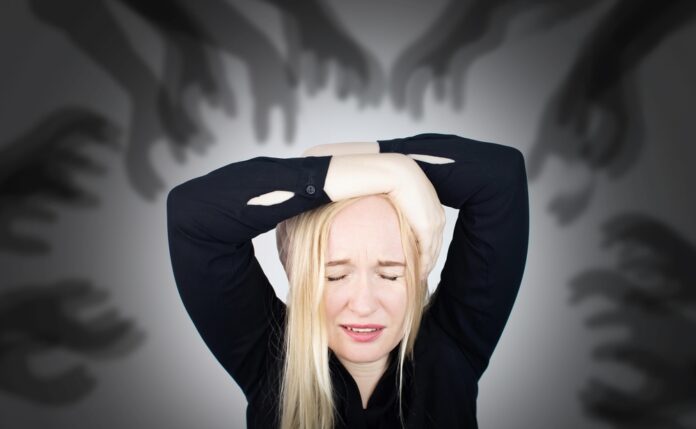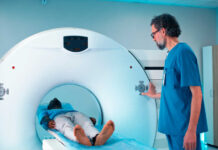
It takes some time to process mental health concerns such as anxiety. You may feel nervous or uncomfortable around new people or talking in support groups, even though the environment is supportive and respectful. There are times when you still feel judged.
Your anxiety might be characterized by persistent sweating, restlessness, trouble concentrating, tiredness, trouble sleeping, headaches, tension, and edgy. Several people are diagnosed with generalized anxiety disorder.
What Is Anxiety?
Anxiety is a normal reaction to stress. Anxiety alerts us to danger and helps us prepare and focus on specific circumstances. Anxiety disorders differ from normal physical worries or apprehension and involve excessive fear or anxiety.
Anxiety and fear often work hand in hand, feeding off each other. Anxiety is a reaction to the anticipation of a future threat, and it’s associated with increased muscle tension and avoidance behavior. Fear is an emotional reaction to a current threat and is more associated with a fight or flight reaction.
People struggling with anxiety disorders are frequently motivated to avoid anything that can trigger or worsen their symptoms. Their work or school performance and personal relationships can be negatively impacted.
Understanding what you’re dealing with often requires a discussion with your therapist and/or physician, especially if the situation has become overwhelming. Maintaining open communication with your treatment team about any signs of emotional or mental health distress is critical. The following tips might also help you deal with your anxiety.
Consider Therapy
Therapy is beneficial for many individuals, and it can help you process your anxiety as well. With so many options for treatment, including online tools, it truly is just finding the best method for you.
Get Moving
Exercise not only keeps our bodies fit, but it also engages our minds as well. When you exercise, feel-good neurotransmitters and other molecules in your brain promote a feeling of well-being. These elements enable you to escape your brain’s cycle of pessimistic assumptions and establish a pattern of positive thinking.
Exercise also helps you gain confidence, get used to social situations if you’re utilizing gym or exercise class, and add one more coping skill to your arsenal.
Consider Aromatherapy
Essential oils, including lavender, help the body’s response to stress, alleviate anxiety, lower heart rate, and encourage relaxation. Many people diffuse lavender or add a couple of drops to their hands and breathe deeply for 30 seconds.


















